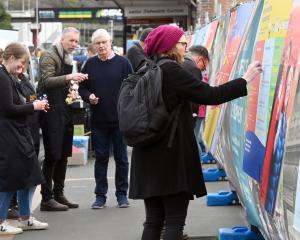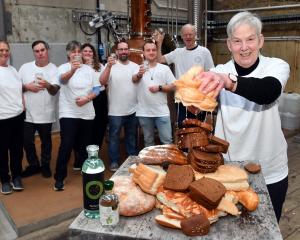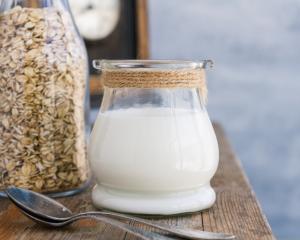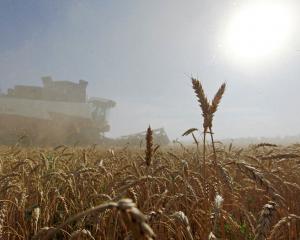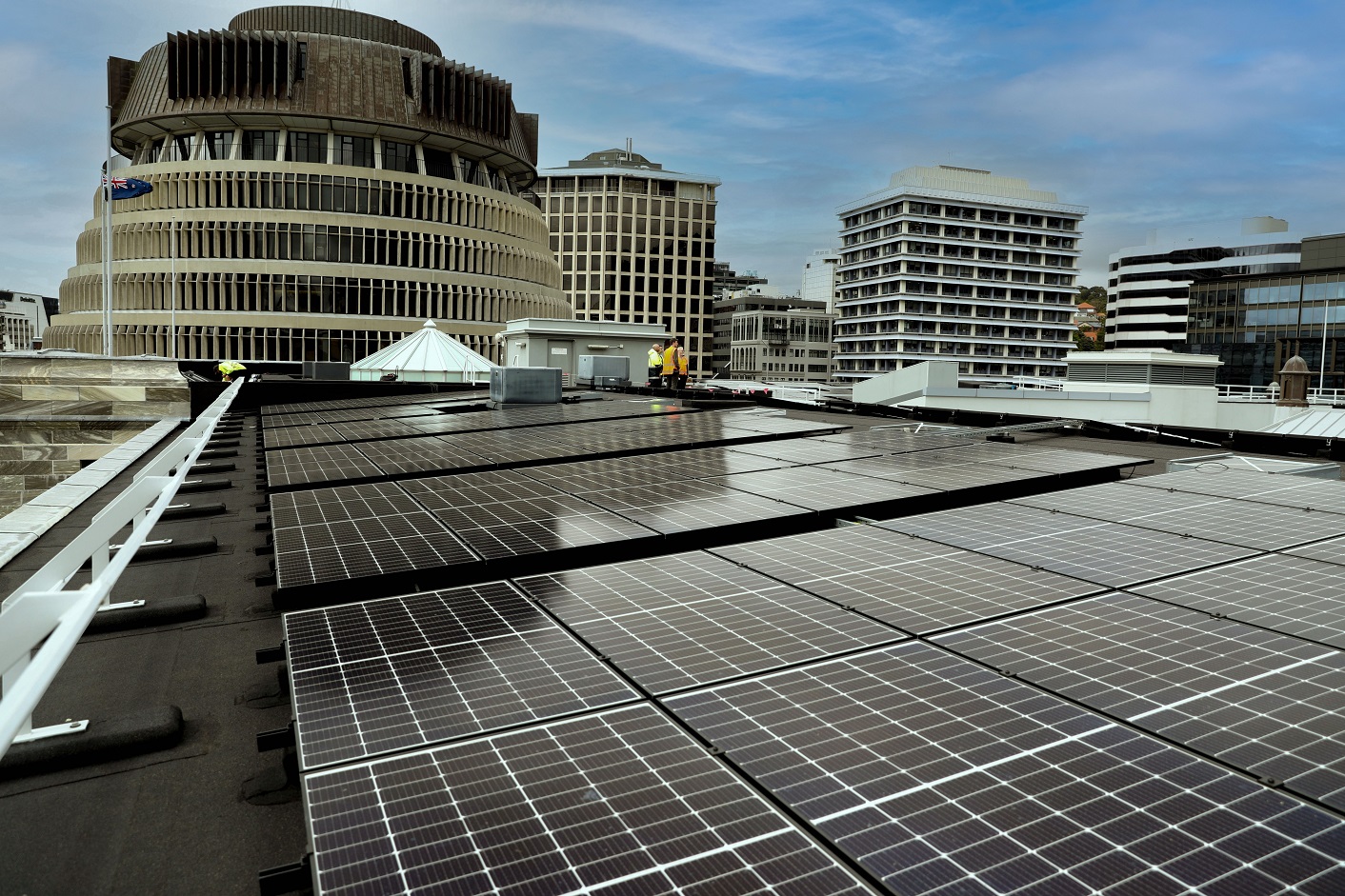
After a summer break seeing the best of Aotearoa, spending time with whānau and planning for the year ahead, it felt jarring to tune back into the news.
The words of George Orwell in his book 1984 were always intended to be read as a cautionary tale, not a set of instructions. Yet here we all are. We once again live in a world where Donald Trump — a felon, found liable of sexual assault, an instigator of insurrection — has turned the United States presidency into a grotesque carnival. And with one flick of the pen, Trump signed away the Paris Agreement. So let’s be honest; Trump hasn’t just flirted with climate denialism, he’s married it.

And, unfortunately, this isn’t just a problem relegated to the US.
Here on our own shores, our climate change minister is calling a 1% emissions reduction on the previous target "ambitious" action, while the resources minister denies the climate crisis, fast-tracks coal and gold mines, and calls the rest of us snowflakes (and worse) if we disagree.
It’s easy to look at this and despair. It’s much harder to look at this and come together to actively build the future our children deserve. But that’s what we need to do.
In one local example, the Dunedin City Council has just voted (by a one-vote majority) to defund the city’s climate mahi, despite retaining a target of zero carbon by 2030. This year is local body election year — it’s not too early to start organising to make sure that the next council will make wiser decisions. Democracy depends on people showing up to make their voices heard, especially when the current representatives are going in the wrong direction.
I can’t imagine how gutting it must have been for staff, who had been working since September 2023 on initiatives "to target emissions across a wide range of emissions sources and across the full spectrum" of the council’s zero carbon plan, including transport and urban form, forestry, land and agriculture, communities and economies, energy and buildings. And on initiatives such as buying native trees for volunteers to plant; funding for energy efficiency programmes to also increase wellbeing for those doing it tough; providing zero carbon grants; setting aside 10 parking spaces for a rideshare programme; improving the walking and cycling networks including the Caversham to Central City Tunnels Trail link and the Dunedin Tunnels Trail.
When eight councillors voted against putting the zero carbon investment packages out for public consultation as part of the nine-year plan 2025-34, they denied our community a say. But we know that increasingly it’s our communities who are demanding we do something and are getting in and doing the mahi anyway!
Elsewhere, other local body initiatives have borne fruit. In Palmerston North, the city council, which has a zero carbon fund, has funded the city’s Materials Recovery Facility to install 110kW of solar panels, which powers the facility and there’s electricity left over to export. At the wastewater plant they practise biogas capture to power a combined heat and power unit, again offsetting electricity use and feeding into the grid. Palmerston North’s water reservoirs power a small hydro scheme. Electric buses provide public transport. This is integrated thinking to both lower emissions and improve the city’s finances: investment in initiatives for emissions reduction are usually also good economic decisions.
Fortunately, this is the year of local body elections and next year is general election time, so we can all choose to counter toxic climate denialism and ensure clean healthy rivers, reliable affordable public transport and active transport, warm cosy homes, local nutritious food and cheaper cleaner smarter power to enable Kiwis to thrive. Together, as a democracy, it is within our power to both change the narrative and turn the page. We’re stronger together.
Scott Willis is an Ōtepoti-based Green Party MP. Each week in this column, writers address issues of sustainability.

